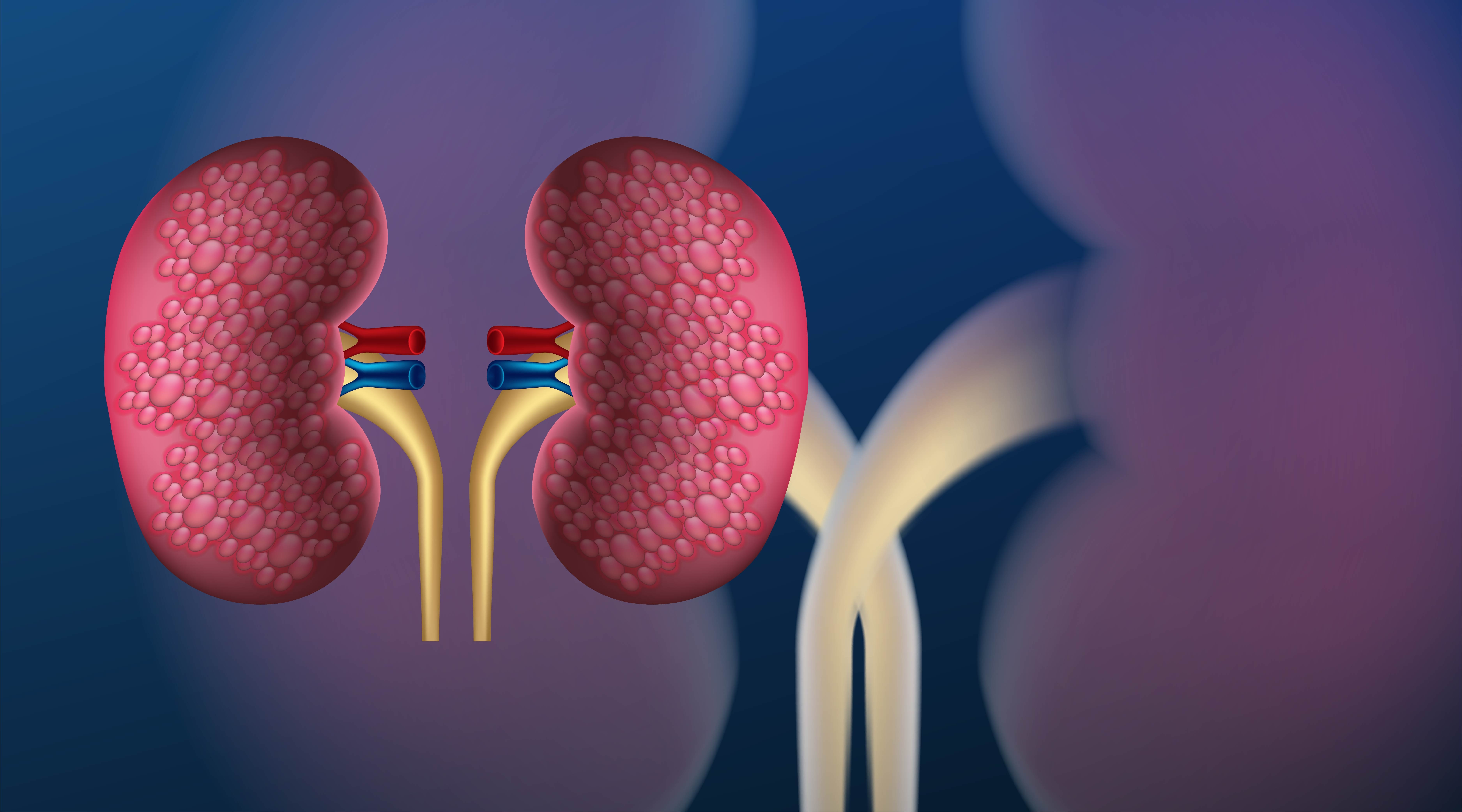
Kidney stones do not cause high blood pressure directly, but they may cause to contribute long-term kidney disease (CKD), which in turn elevates the risk of hypertension. High blood pressure is referred to as hypertension, where the condition makes your blood pressure against your artery walls at a constantly too high rate. Under pressure, your heart is not functioning as it should, which can cause severe health issues such as a heart attack, stroke, and kidney transplant treatment. Dr. Henry Morris performed the first kidney stone surgery in 1880, which he termed "nephrolithotomy".
In this blog, we will get to know about kidney stones, the causes of high blood pressure, the types of kidney stones, and the risk of kidney stones in high blood pressure.
What are Kidney Stones?
Kidneys are also known as renal stones, are solid or hard aggregates of minerals and salts, such as calcium and oxalate. These develop within the kidneys when the urine becomes concentrated. We are also referred to as nephrolithiasis or renal calculi. The size of the minimum kidney stone is similar to a grain, and the maximum kidney stone is similar to like a golf ball.
Cause of Kidney Stones
If you have kidney stones in your body. There are various causes, such as diet, extra body weight, some health conditions, and some supplements and medicines. Kidney stones can affect any of the organs that make urine or remove it from the body, from the kidneys to the bladder. Then the stones form when the urine has less water in it. This lets minerals form crystals and stick together.
Larger Kidney Stones Produce Symptoms
Yes, symptoms can be produced by larger kidney stones:
Side of your tummy pain, and men can have pain in their balls.
High temperature.
sweating.
severe pain that is coming and going.
sickness or vomiting.
blood in urine.
infection of the urine.
stones greater than 5mm are unlikely to pass spontaneously and may produce a blockage.
Types of Kidney Stones
There are four major types of kidney stones
Calcium stones (most frequent)
Uric Acid stones
Struvite stones
Cystine stones
Some general types of kidney stones are calcium stones. Most individuals who develop calcium-containing stones have excess calcium in their urine, which may raise the risk of developing kidney stones and eventually damage the kidneys.
What is Blood Pressure?
Blood Pressure is the force effort by flowing blood against the walls of blood vessels. The majority of this pressure comes from the heart pushing blood around the body. Blood pressure is recorded as two numbers
Systolic pressure: The highest pressure in your arteries, when the heart beats sends blood out at a pressure of 130/80 mmHg
Diastolic pressure: The lowest pressure in your arteries when the heart rests between beats, at a pressure of 120/80mmHg
Millimeters of Mercury( mmHg) is also a pressure unit applied to measure blood pressure and other pressures in medicine, meteorology, and aviation.
Symptoms of High Blood Pressure
Completely, the majority of individuals with high blood pressure do not experience any symptoms even when their blood pressure readings are very high. You may have high blood pressure for many years with no symptoms. Some individuals with high blood pressure can experience such symptoms as:
Headaches
Shortness of breath
Nosebleeds
Yet these signs are not unique to having high blood pressure. But in case you experience such symptoms, then you have to monitor your blood pressure.
Procedure for Removing Kidney Stones Under High Pressure
The process of removing a kidney stone by high-pressure shock waves is Extracorporeal Shock Wave Lithotripsy (ESWL). It is a noninvasive therapy that generates high-energy sound waves to shatter kidney stones into minute fragments, such as sand, which can be passed in the urine. Another procedure is Percutaneous Nephrolithotomy (PCNL). It is a surgery for large stones. A small incision is made in the back to reach the kidney and take out the stone directly
Risk of Kidney Stones in High Blood Pressure
Diabetes and high blood pressure are both risks for acquiring Kidney stones and can be harmed by them. Moreover, high blood pressure can harm the blood vessels of the kidneys and reduce their functioning. High pressure due to a kidney stone in the kidney may cause swelling and possible harm over time, even resulting in kidney scarring and an additional rise in High Blood Pressure.
What are The Risk Factors For Kidney Stones?
You are at increased risk of developing kidney stones if you do the following
Do not drink enough fluids.
Consume meat and other high-protein foods.
Consume foods high in sugars or sodium (sucrose and fructose).
Take a vitamin C supplement.
Have a family history of kidney stones.
Have a blockage in your urinary tract.
Conclusion
Kidney stones don't directly cause high blood pressure. If you have kidney stones in the body, you have a lot of issues, such as blood in the urine, body aches, and not feeling well, etc. There are different types of kidney stones, but there are four primary types. By using millibars of Mercury to calculate the Blood pressure of the body. Signs of the blood pressure are headache, crankiness.
